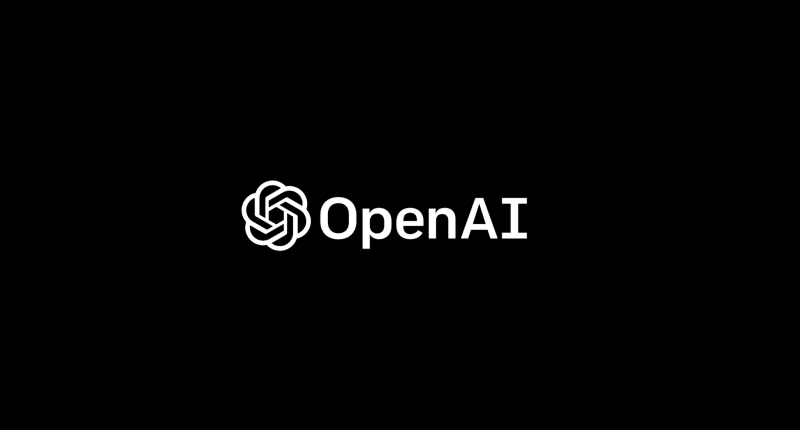In its bid to stay ahead in the AI tech race, OpenAI is now ready with its latest AI model, called ‘o3-mini.’ The company has finalized the first version of its latest reasoning AI model, OpenAI CEO Sam Altman confirmed the same in his X post. After testing by external safety researchers, the new model will be launched in a few weeks.
Notably, in December 2024, the ChatGPT maker officially announced the development and testing of its advanced reasoning models – o3 and o3-mini. These models are mainly created to handle complex tasks from various domains, including science, mathematics, and coding. Of course, they can be considered a more powerful reasoning AI model than the existing one – ‘o1’.
Now, as Altman confirms the finalization of the o3-mini model, it is expected to launch by the end of January, post which the larger o3 model will arrive. Previously, o1 reasoning AI models were released in September 2024. ‘o3’ (and not o2, due to strange trademark issues) is an obvious upgrade with more reasoning power, with OpenAI even suggesting o3 models reaching some level of AGI in smaller instances. The company is still not staking any claims and is being cautious in terming this an AGI-ready model.
While the o1 reasoning AI model focused on tackling harder queries by allocating more time for processing, the new large language models are designed to handle even more challenging tasks.
Meanwhile, in his post, Sam Altman also mentioned that OpenAI plans to simultaneously release both the API (Application Programming Interface) and the ChatGPT with the new model. Interestingly, OpenAI is not alone in the advanced reasoning AI model chase, as Google also announced a new “reasoning” AI model – Gemini 2.0 Flash Thinking Experimental – in December.
Heading towards its for-profit transition, OpenAI is consistently releasing new features as well. Earlier this week, the company announced a beta feature called Tasks for ChatGPT, a sort of AI virtual assistant competing with Apple’s Siri and Amazon’s Alexa.
Before this, OpenAI also confirmed that it is testing a phone-only signup feature for ChatGPT users in the US and India. In fact, the company has reportedly developed a new artificial intelligence (AI) model – named ‘GPT-4b Micro’ – primarily for biological research work. The AI model is said to be trained to suggest approaches for optimizing protein factors to enhance their functionality. With a focus on engineering proteins, OpenAI has developed this AI language model capable of designing proteins that can convert ordinary cells into stem cells.
The Tech Portal is published by Blue Box Media Private Limited. Our investors have no influence over our reporting. Read our full Ownership and Funding Disclosure →






